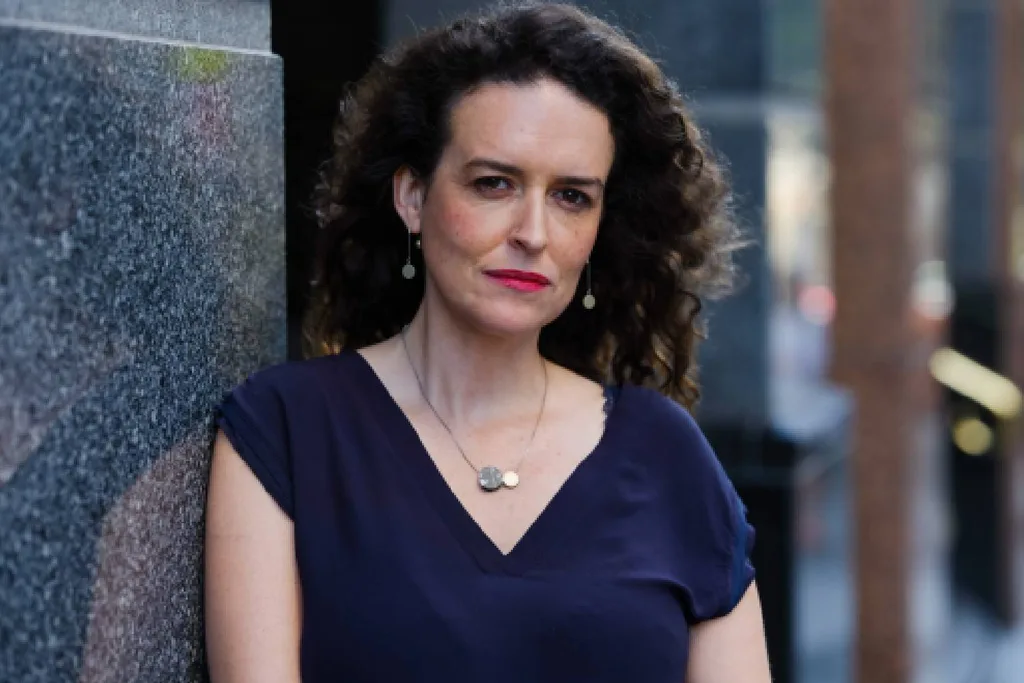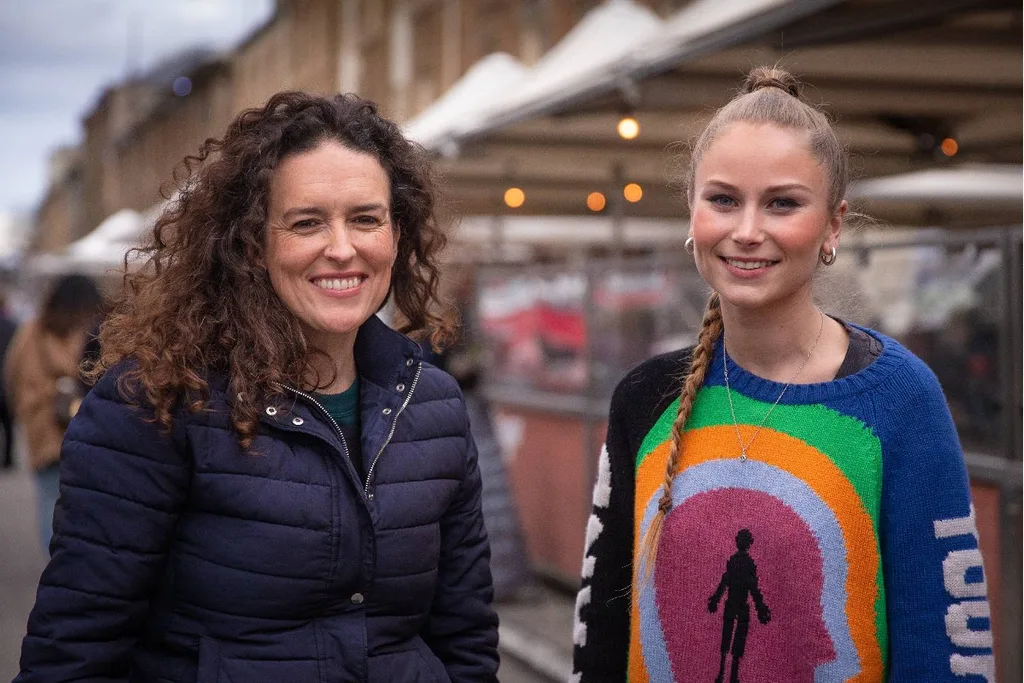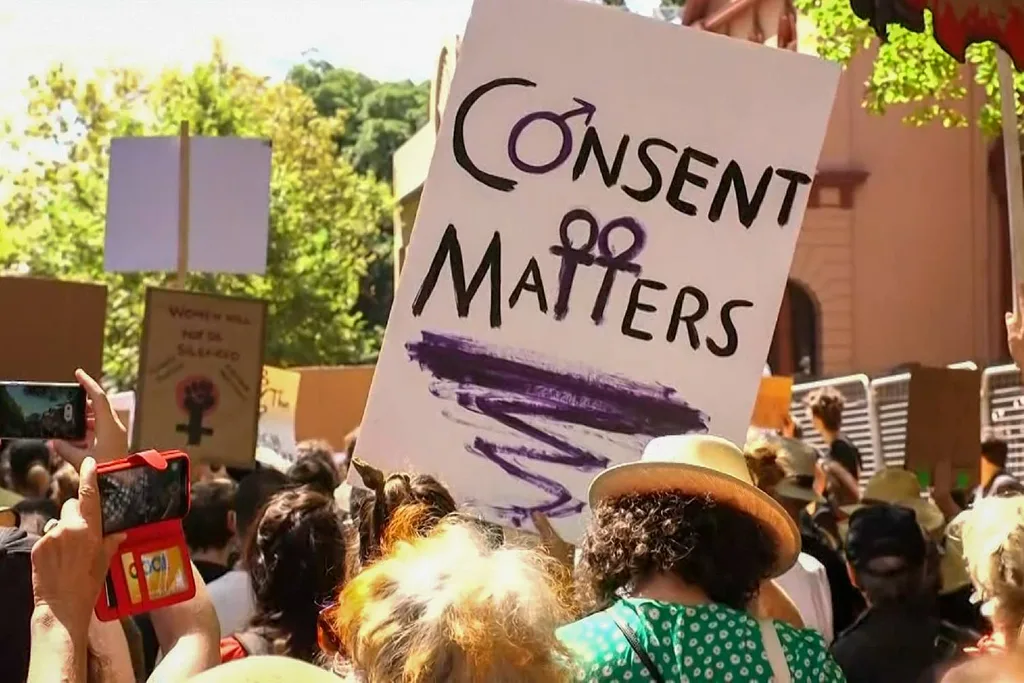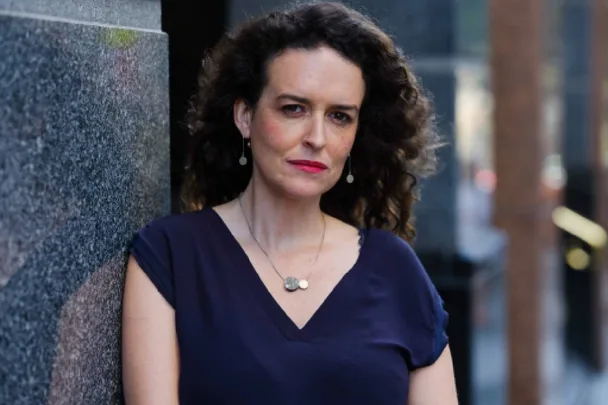The conversation around sexual violence might have evolved since the Me Too movement but it hasn’t changed enough.
Every day, 85 sexual assaults are reported in Australia. What’s even worse is that 90% of rapes go unreported and just 1.5% of cases result in a conviction.
It’s clear that something needs to change—and journalist and author Jess Hill thinks that’s consent education.
In her new three part doco-series Asking For It, Jess reveals the reality of sex, consent and power in Australia. After previously exploring domestic abuse in her book and documentary See What You Made Me Do, Jess dives headfirst into the sexual assaults happening everywhere from our schools to our aged care homes.
Ahead of the show’s premiere, we spoke to Jess about the importance of consent, and why she believes it to be the next sexual revolution.

The Importance Of Consent Education
Jess believes teaching consent education to children will not only keep them safe when they’re young but throughout their entire lives.
“Submitting to abusive behaviour begins with ‘you should do that thing you don’t feel comfortable doing because it will make someone else feel uncomfortable if you refuse to,’” Jess tells marie claire Australia.
“Abusers love kids who are vulnerable—maybe who don’t know how to speak up or don’t have that training.
“So if you’re able to say, ‘I actually don’t want someone touching me right now’ and you can do it out loud, and not have your parents say ‘just give him a hug’, that is a part of safety. You’re going to be the one that’s harder to take advantage of, because you have boundaries.”
While most parents understand that in theory, it’s important to teach children about consent, it can also be hard to know when to begin that conversation. Jess is an advocate for beginning the conversation as early as possible—when the idea of consent isn’t just about sex.
“When you start young, when you introduce sex as another framework for consent, it’s not shocking or surprising, it’s just an extension of what they already know,” Jess explains.
“My daughter is five, and she was three in 2021 and just starting playgroup as consent became this totally red hot conversation. She was kind of in that first generation to really be getting like all this body boundary stuff just taught to her every day. And she’s one of those first generation now— very young —who are like, no I don’t want to have a hug.”

Consent And Pleasure
When most of us think about consent, we think about safety—but Jess also wants us to think about pleasure.
“If you have boundaries and they’re important to you, you know what feels good and what doesn’t feel good, and you’re not afraid to say that,” Jess points out.
This is why Jess believes that consent is going to be the next sexual revolution—one with even more impact than the last.
“[The sexual liberation movement] was supposed to liberate us from the old sort of morality constraints and there’s an argument to be made—and I think #MeToo makes that argument—that sexual liberation didn’t end up being all it’s cracked up to be.
“I think it made a lot of people rethink about what does liberation mean? It doesn’t ever have to mean, ‘I’m willing to do everything that you are willing to do’ and ‘I’m willing to do choking’. Oh, is that liberation? Or is the question actually knowing how to set your boundaries and expecting mutual pleasure?”
When we think about consent from this perspective, the narrative changes. Our consent conversations aren’t simply associated with safety and correctness but with excitement and sense of agency around our sexualities.
Jess points out that we’re already seeing this change happen with younger generations who have been raised in a world that discusses consent. While the studies say that these generations are having less sex than older generations, Jess says there’s a lot more to the figures.
“They’re having sex less often. But rather than that be an indication of prudishness, when they’re asked why, some of the reasons they’re giving is because ‘I don’t just want to have sex with anyone, I want to have sex with people I want to have sex with’,” Jess reveals.
“There’s some interesting indications that maybe this next generation is actually moving towards a much more mature idea and a much more realistic idea of liberation.”

Not everything can be fixed with consent education
While consent education can lead to more safety, empowerment and pleasure—there’s also a lot that it can’t change.
“Consent education is great for the obvious reasons. But it doesn’t stop sexual violence. If someone was to assault someone. It won’t be a misunderstanding of the consent issue.”
So while consent education is a giant step forward, we can’t forget there’s a lot more steps to go.
Asking For It premieres 8:30pm Thursday 20 April on SBS and SBS On Demand. The three-part series continues weekly.
To access support around sexual assault, please contact 1800 RESPECT on 1800 737 732.










